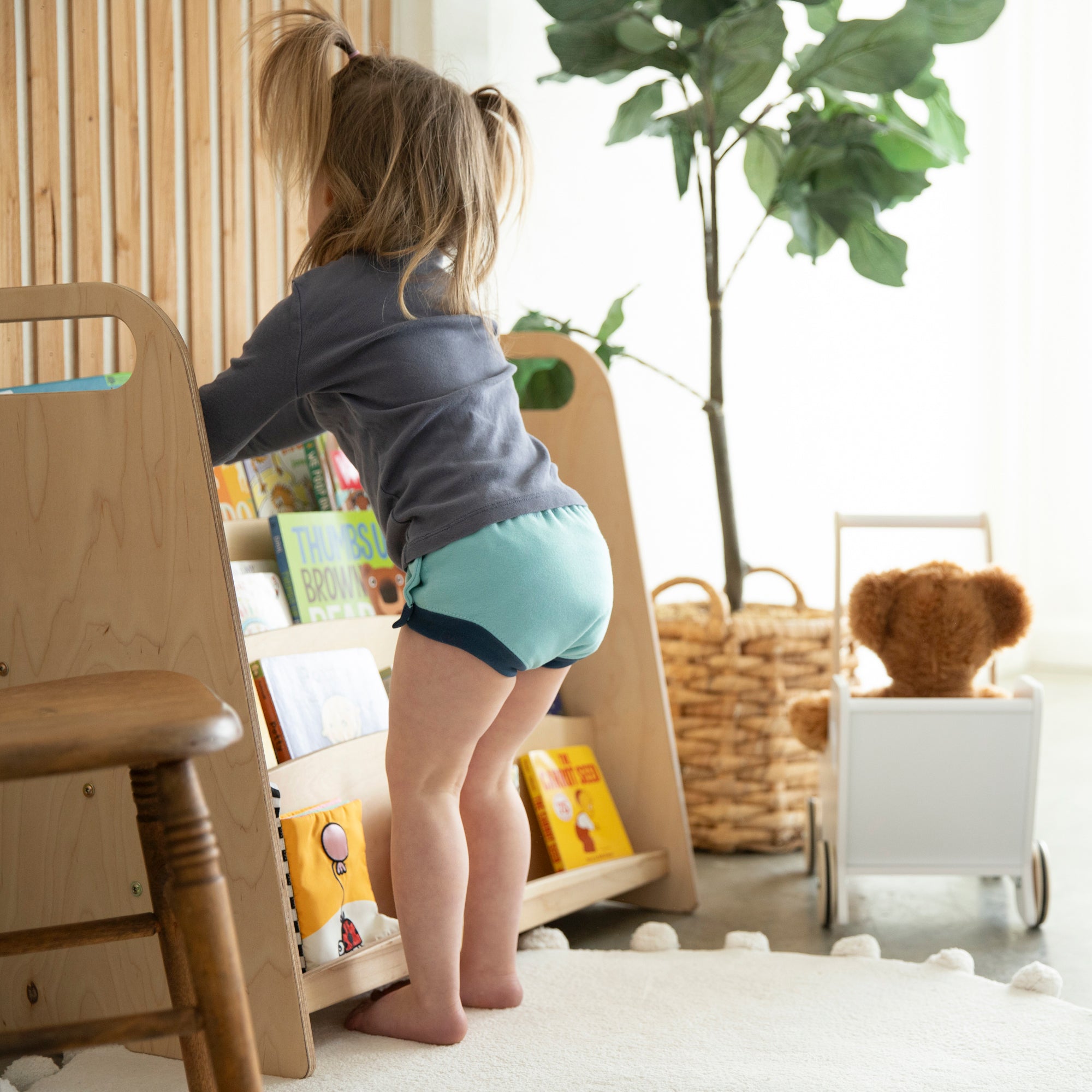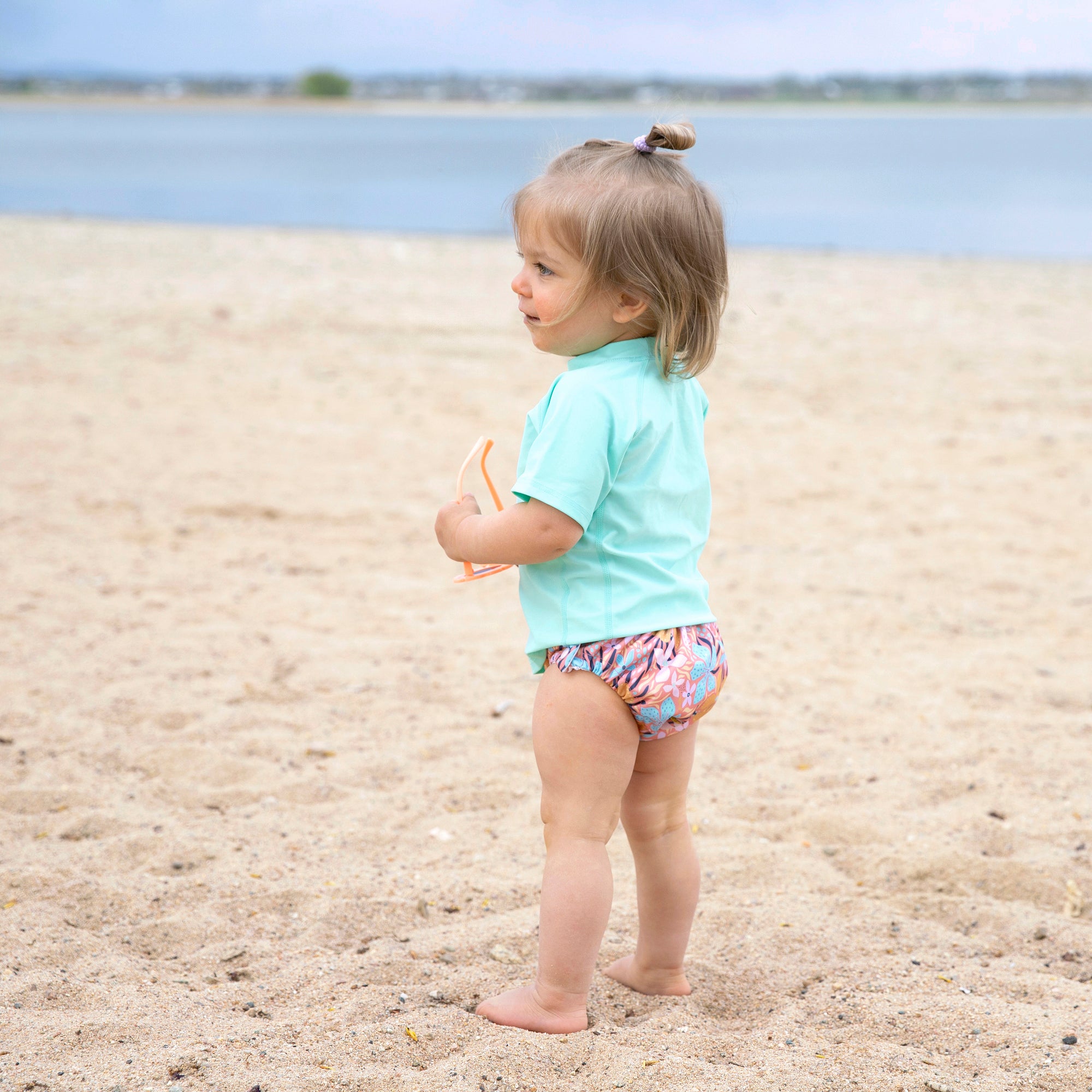Yesterday, after I noticed Cooper licking a very public bench, I started to think about things like germs, viruses, bacteria, pathogens and infectious microbes. Imagine that. Though today parents are often armed with an arsenal of hand-wipes and hand sanitizer and are strict enforcers of the hand washing rule, it’s only been since the mid-nineteenth century that we had any idea at all how illness was spread. As I did some research for this blog, I was surprised to learn that all of the advances in modern medicine in the last several decades have had less of an effect on the spread of disease than changes in human behavior. Hand washing wasn’t even a common practice until after 1847 when Hungarian doctor Ignaz Semmelweis noticed that many more new mothers were developing life-threatening infections and high fevers just after giving birth if his students took part in delivering their babies than if a midwife helped to deliver the baby. Why was this? Many of the medical students attended the births right after performing autopsies and educational cadaver dissections. Instead of washing their hands between the two, they’d simply wipe their hands on their clothes as they walked to the delivery room. I think every single parent today would like to thank Dr. Semmelweis for this discovery. Aaaack! (Evolution and History of Personal Hygiene by Ingrid Koo, Ph.D)
 Other important discoveries were made by Dr. John Snow who discovered that drinking water sources often played a major role in the spread of illness. Drinking water that was prone to contamination from animal or human waste coming from upstream or direct contamination from sewage (that was emptied from chamber pots right into the streets) were related to deadly cholera outbreaks. Thank you, Dr. Snow. Last, but not least, was Thomas Crapper of England, who played a major role in the development of the “flushing toilet” which took waste through a series of pipes, to a location far from the humans who had excreted the waste to begin with. Not only was the waste far enough away and contained so that it would not contaminate drinking water, it no longer needed to be disposed of by hand. Thank you, Tom Crapper! Unfortunately, despite being aware of these invisible dangers, parents can’t always prevent their curious offspring from putting disgusting things into their mouths—like Cooper sucking on the bench, or the time I caught Lauren licking the armrest on an airplane or crawling baby Kate tasting a piece of dried up dog poop in the backyard. We also need to thank Dr. Alexander Fleming for stumbling upon the antibiotic properties of penicillin during his study of bacteria and American Dr. Jonas Salk for coming up with world's first vaccine. What is the grossest object you have caught your baby mouthing?
Other important discoveries were made by Dr. John Snow who discovered that drinking water sources often played a major role in the spread of illness. Drinking water that was prone to contamination from animal or human waste coming from upstream or direct contamination from sewage (that was emptied from chamber pots right into the streets) were related to deadly cholera outbreaks. Thank you, Dr. Snow. Last, but not least, was Thomas Crapper of England, who played a major role in the development of the “flushing toilet” which took waste through a series of pipes, to a location far from the humans who had excreted the waste to begin with. Not only was the waste far enough away and contained so that it would not contaminate drinking water, it no longer needed to be disposed of by hand. Thank you, Tom Crapper! Unfortunately, despite being aware of these invisible dangers, parents can’t always prevent their curious offspring from putting disgusting things into their mouths—like Cooper sucking on the bench, or the time I caught Lauren licking the armrest on an airplane or crawling baby Kate tasting a piece of dried up dog poop in the backyard. We also need to thank Dr. Alexander Fleming for stumbling upon the antibiotic properties of penicillin during his study of bacteria and American Dr. Jonas Salk for coming up with world's first vaccine. What is the grossest object you have caught your baby mouthing?





Funny post. Not too much you can do when they lick something germy!
This entire post makes me squirm!! I think the worst my daughter did was pick up a chunk of gum stuck to the floor of a big store and started chewing it. Ew. :(
My recent “favorite” was when my son picked up a half-sucked cough drop sitting on top of a man-hole cover. He finished it off with a smile on his face before I could get him to spit it out.
I was very lucky with my son, he hated his hands dirty, never put anything in his mouth…and then there is my daughter. She put EVERYTHING she touches in her mouth & loves getting dirty no matter where we are.
Yuck
You're viewing 1-5 of 40 comments